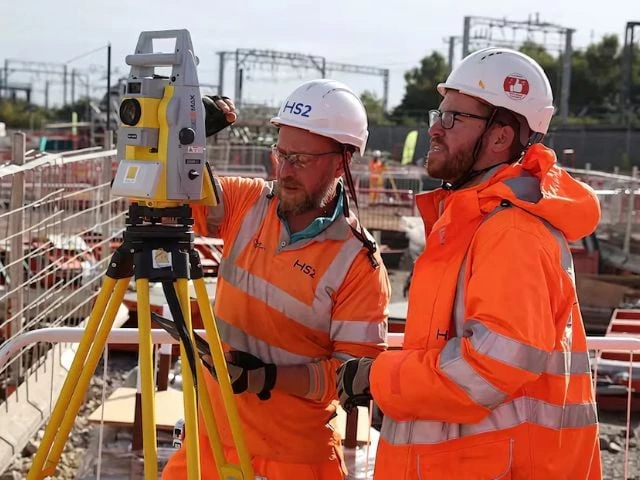UK pledges £3bn to train locals and cut foreign worker reliance
New training push aims to ease labour market pressure

Britain will invest a record £3 billion to expand skills training across key sectors, the government announced on Tuesday, as part of a strategy to reduce economic reliance on foreign workers and increase domestic labour participation.
The initiative, led by the Department for Education, will create 120,000 new training opportunities in construction, engineering, health and social care, and digital industries. Officials say it will “refocus the skills landscape towards young, domestic talent”.
The announcement comes amid mounting pressure on the Labour government to cut immigration following the surge of the right-wing Reform UK party in May’s local elections.
More than one in five working-age Britons are economically inactive, according to the latest figures, with an inactivity rate of 21.4% — a steady rise since the COVID-19 pandemic.
Prime Minister Keir Starmer, under fire from both sides of the political spectrum, has taken a harder line on immigration, saying “the open border experiment is over” when unveiling recent measures.
Tuesday’s statement confirmed that the immigration skills charge — a fee businesses must pay to hire foreign workers — will rise by 32%, with the increase expected to fund up to 45,000 additional training places.
“This is about upskilling the domestic workforce and reducing reliance on migration in priority sectors,” the government said.
Business groups have cautiously welcomed the investment but warned it may not be enough. Many firms say they still struggle to recruit local talent and fear that tougher visa restrictions, if not matched by a modernised training system, could damage productivity and growth.
The Labour government has also proposed restricting skilled worker visas to graduate-level jobs and tightening rules for acquiring British citizenship.
Critics say training reforms are long overdue and should be accompanied by clearer pathways to employment, particularly for young people and those out of the workforce long-term.
The policy is expected to form a key part of the government's broader economic agenda ahead of the next general election.





























COMMENTS
Comments are moderated and generally will be posted if they are on-topic and not abusive.
For more information, please see our Comments FAQ